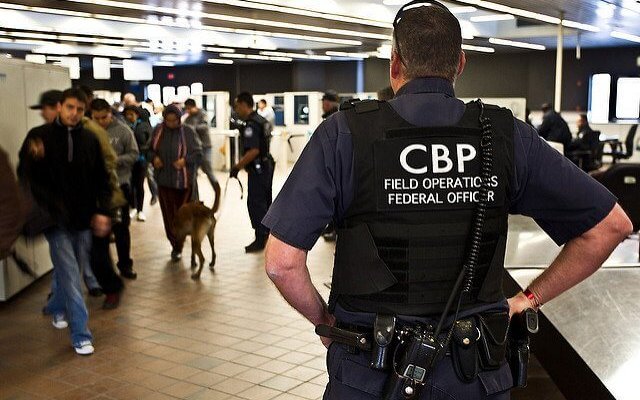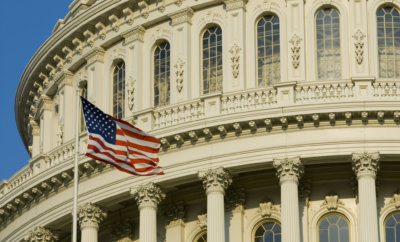Immigration
Number of Illegal Indian Immigrants Arrested in U.S. Triples in 2018

Representational Image
Photo: Twitter/ @CBP
The U.S. Customs and Border Protection expects data for this fiscal year to show that around 9,000 Indian nationals were detained for entering the United States illegally.
Indians make up one of the largest groups arrested in the United States for entering the country illegally, according to the U.S. Customs and Border Protection (CBP). The number of Indians detained for entering the United States illegally has almost tripled in 2018 as compared to the 2017 figures, the federal law enforcement agency said.
The CBP expects the figures for this fiscal year, which ended on Sept. 30, to show that around 9,000 Indian nationals were detained, Reuters reported, citing spokesman Salvador Zamora. The corresponding figure for fiscal year 2017 was 3,162, the report added.
The high number of illegal Indian immigrants has placed them among citizens of Mexico, Guatemala, Honduras and El Salvador, who were the most likely to enter the United States illegally in 2018, according to the Border Patrol data. The number of El Salvadorans who entered America illegally during this fiscal year is about 30,000, the report added.
The illegal immigrants pay smuggling rings, which charge them between $25,000 and $50,000 per person, to enter the country, Zamora told the news agency in an interview.
While many claims filed before the U.S. government have merits, many of them are filed by economic migrants who present fraudulent petitions, he added. According to Zamora, a large number of such petitions swamps the system, which can, in turn, cause legitimate cases to be “washed out.”
It is common to find that the evidence presented by fraudulent asylum seekers is identical to that of other migrants. It often comes out to be a “cut and paste” evidence, he pointed out.
The number of Indians illegally crossing the U.S.-Mexico border and claiming asylum for alleged persecution in India has been growing, Zamora said. This year, around 4,000 Indians entered the United States illegally via a three-mile stretch of border fence at Mexicali.
“The word got out that Mexicali is a safe border city which favors their crossing into the United States,” he was quoted as saying. “After being held in the United States, Indians are often bonded out of detention by human trafficking rings. They then enter indentured servitude in businesses ranging from hotels to convenience stores to pay off smuggling debts and bond fees.”




1 Comment
You must be logged in to post a comment Login